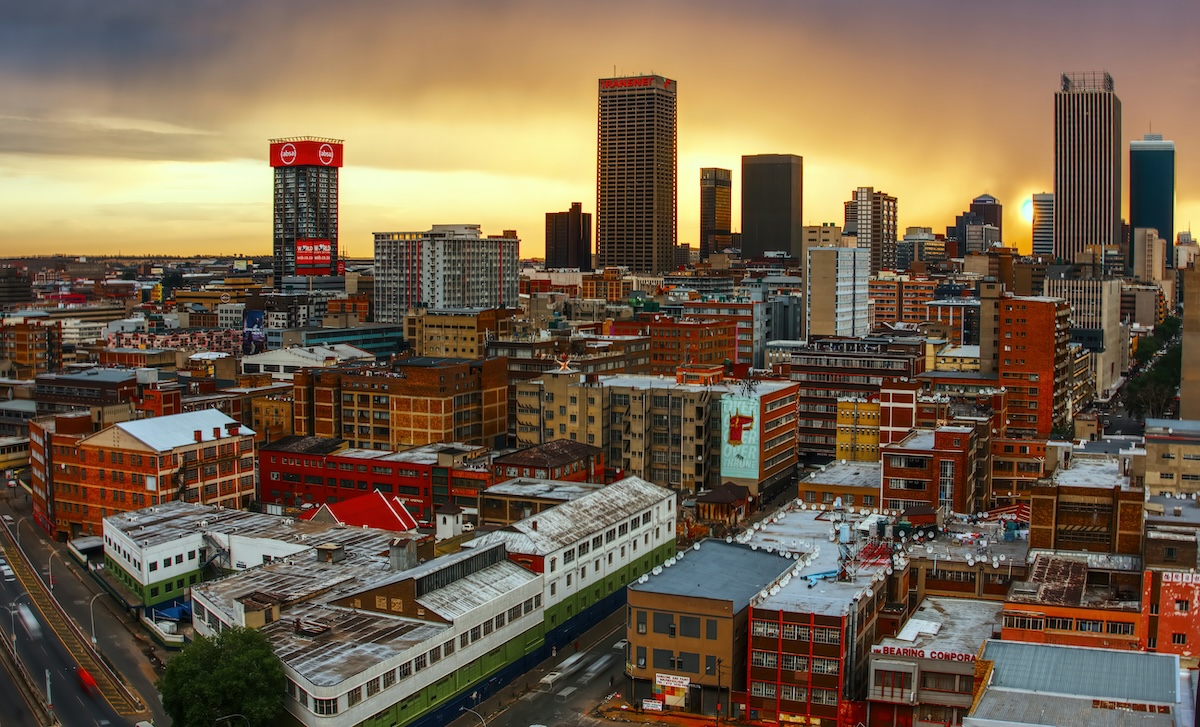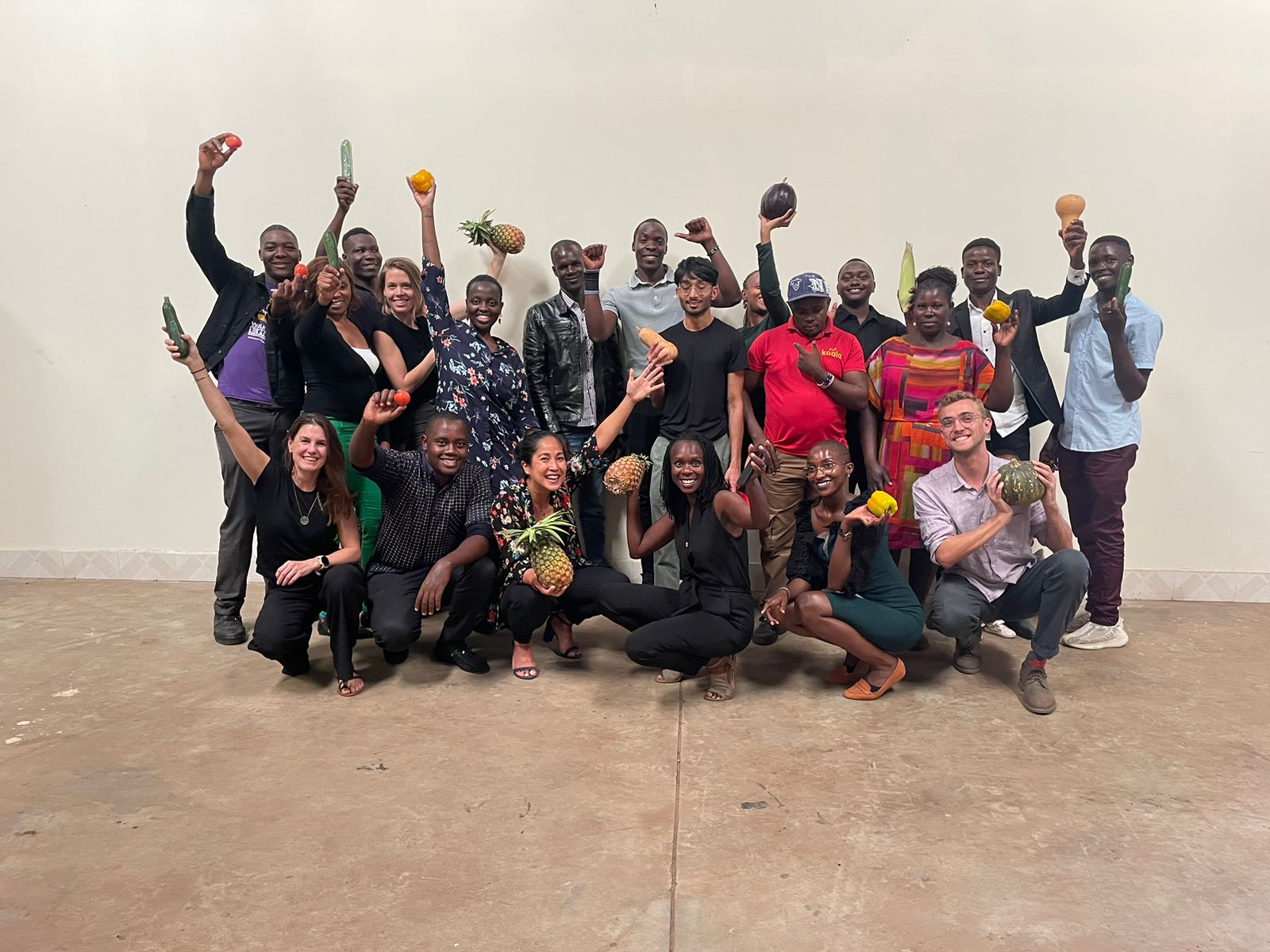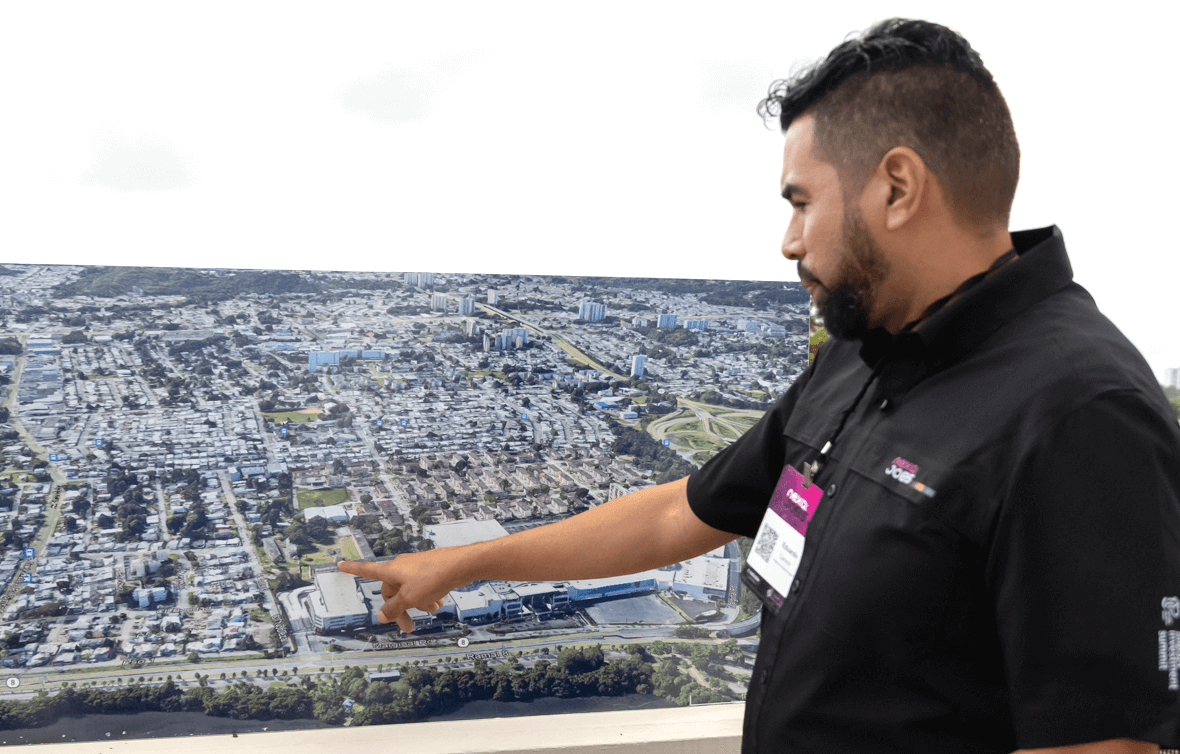ImpactAlpha, July 10 – A nationwide trucker strike protesting diesel price increases had ended only days earlier. Recession and austerity policies were pressuring Brazil’s middle class. President Michel Temer’s government is under fire, much like his predecessors’.
That was the context for last months gathering of more than a thousand representatives from government, business, and civil society for the third “Forum de Finanças Sociais e Negócios de Impacto,” or Forum of Social Finance and Entrepreneurship.
The backdrop meant even greater hope rested on the forum’s key themes: social entrepreneurship and impact investing. In São Paulo and increasingly across Brazil, local leaders believe that social finance can fuel an entrepreneurial revolution to reduce historical inequality, preserve of the country’s natural resources, and enable sustainable development.
Amid crisis, Brazilian impact investors are resilient and optimistic
At the country’s first social finance forum in 2014, you could count the participants on one hand. All of them were in Rio and Sao Paulo. Equity crowdfunding and peer-to-peer lending were still in regulatory review. Few universities included social finance in their curriculum. All of that has changed. Today:
- São Paulo-based Vox Capital scored a 26% IRR in an exit from affordable healthcare network TEM, marking one of the country’s first impact investment exit. Vox has raised two funds totaling more than 200 million-real and backed more than 20 social ventures since 2009;
- More than 30 Brazilian family offices, corporations, venture capital funds and subsidized lenders have made impact investments, in women-focused taxi companies, blockchain-enabled small business lenders and education technology startups.
- 60 incubators and accelerators support social businesses around the country, including Finance for Good Brazil (where I’m a president of the board);
- More than 70 professors and 44 universities now teach social finance and social entrepreneurship;
- The Brazilian Social Finance Taskforce has identified 15 targets to tackle by 2020, including that foundations and institutes allocate five percent of their annual investments to support the social finance field;
- In 2017 the Presidential Decree “ENIMPACTO” was signed to promote and enable the social finance ecosystem, mobilizing support from various ministries, BNDES, Caixa Economica, Banco do Brazil, and CVM;
- Brazil is one of 17 countries to add a National Advisory Board to the Global Steering Group for Impact Investing to educate investors about and promote impact investing in the country.
- Equity crowdfunding syndication has been used to fund several social entrepreneurs; and,
- Social impact, and green, bonds are being structured, led by organizations including Sitawi and Inter-American Development Bank.
Letter from Brazil: Collective Action to Help Small Businesses Achieve Development Goals
The impact investing ecosystem in Brazil is growing, said Anna de Souza Aranha, director at the Quintessa accelerator, in São Paulo. “I hope that you get excited to see the whole evolution we have been going through, and the opportunities that we have to make something relevant not only for us, but also for the world.”
Julia Wilkinson is a partner at Social Venture Partners Miami, CEO of IMVEST, and a president of the board at Finance for Good Brazil.











